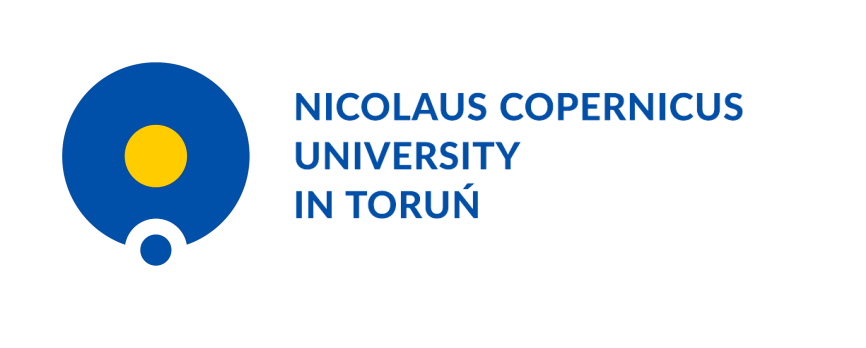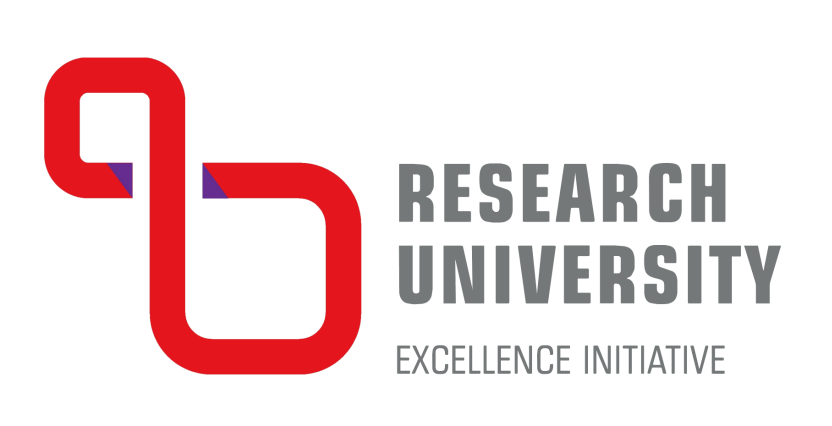Training for university teachers
Recruitment
Until places are exhausted
Description:
We invite academic teachers, to participate in in-service training courses organized in both parts of the University.
Bydgoszcz:
- E-learning – basics – 08.03.2024, from 9.00-13.30 (max. 10 people),
- Introduction to adult didactics – 21 .03.2024, from 9.00-13.30 (max. 15 people),
- Voice Emission – 25.04.20 24, from 9.00-13.30 (max. 15 people).
Applications for training courses and questions, in the Bydgoszcz part of the University, please send to dorota.zandrowicz@cm.umk.pl The order of applications is decisive. Qualified persons will be informed by e-mail about the details of a given training.
Torun:
- E-learning – basics – 22.03.2024, from 9.00-13.30 (max. 15 people),
- Introduction to adult didactics – 03.2024, from 9.00-13.30 (max 15 people),
- Voice Emission – 04.04.2024, from 9.00-13.30 (max 15 people).
Applications for training courses and questions, in the Torun part of the University, please send to katarzyna.bialowicz@umk.pl The order of applications is decisive. Qualified persons will be informed by e-mail about the details of a given training.
TRAINING PROGRAM
E-learning – basics
Trainers:
Joanna Buczyńska, MA, Marta Piórkowska, lic. Marta Piórkowska – Remote Learning Support Department
| Issues |
| 1. Introduction – norms of remote education at UMK: – ordinances, standards of remote education – guidelines, process of preparation of remote classes. |
| 2. Remote education tools recommended by UMK:
a. Moodle – logging in, creating a course, providing teaching materials in various forms, managing users and materials, |
| b. Microsoft Teams, Office 365, Microsoft365, OneDrive
– creating an account on o365, logging in, creating teams, meetings; conducting meetings, sharing materials, managing the team, assigning roles to users, recording, |
| c. BigBlueButton
– creating a room in Moodle and Greenlight, running meetings, managing participants. |
Introduction to adult didactics
Course leader:
Hanna Solarczyk-Szwec, Ph.D., UMK Professor – Institute of Pedagogical Sciences, University Center for Support and Personal Development
| Issues |
| 1. The determinants of higher education; The student and his expectations from didactics. |
| 2. Models of adult didactics: technological, humanistic, critical. |
| 3. Teacher – roles and tasks. |
| 4. Strategies and methods of education, assessment. |
Voice emission
Training leader:
Lucyna Śmieszek-Formela, MA – Institute of Pedagogical Sciences
| Issues |
| 1. What doesn’t our voice like? Basic principles of voice prevention and hygiene. |
| 2. Breathing and conscious work of the diaphragm. Exercises to prepare for proper voice emission. |
| 3. Articulation and diction. Exercises of expressive speech. |
| 4. Verbal games and games, verbal expression. |


 ul. Gagarina 7, 87-100 Toruń
ul. Gagarina 7, 87-100 Toruń